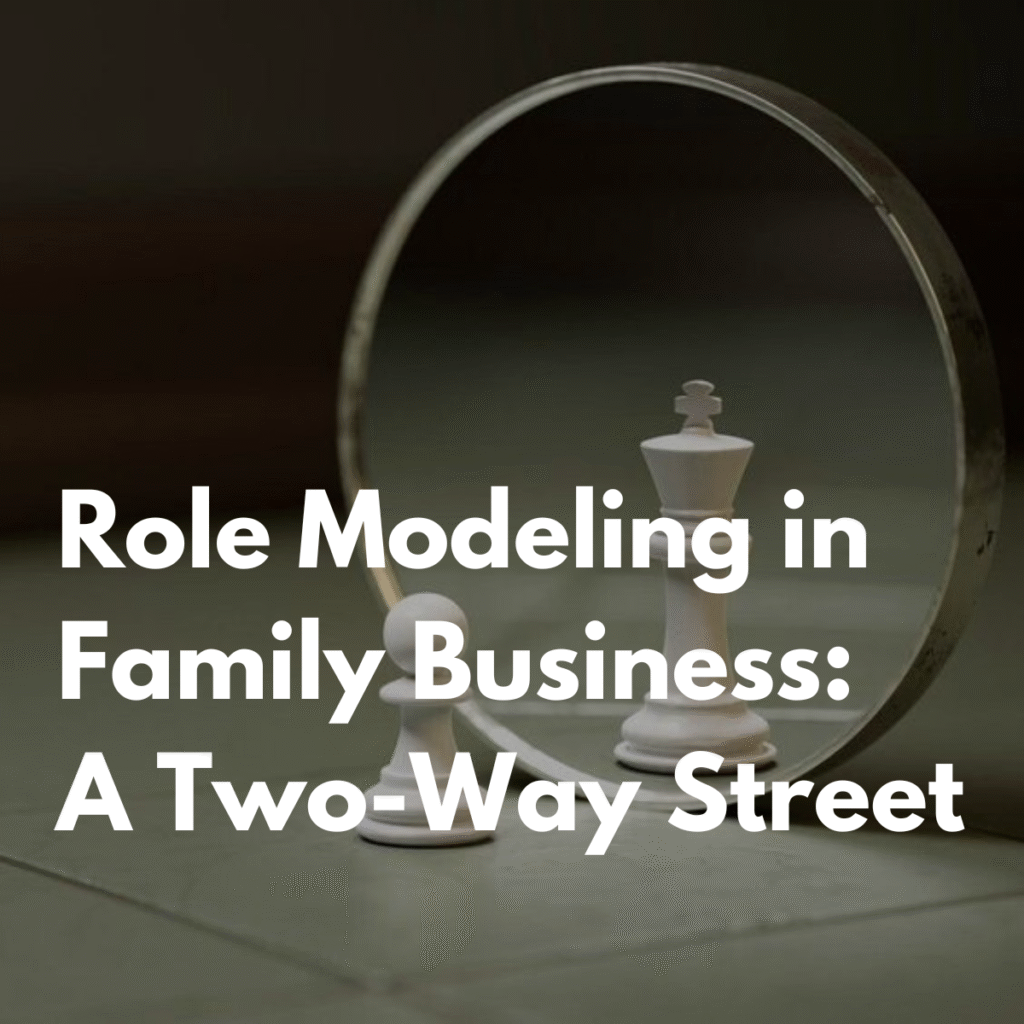Clarity at the Helm
Clarity at the Helm Family business success begins with clarity. Yet, many founders lack clarity on the future of their children within the family enterprise. Inducting the first member of the next generation into the business is akin to raising the first-born. Founders often feel uncertain about the best approach. Most families fall back on legacy methods, simply replicating how previous generations joined, or they look around for “best practices” from other firms. Many get it right; some, unfortunately, get it wrong. A common mistake families make is inducting the next generation as they were inducted. Previously, the approach to induction was often to ‘get into the business, make sense of it, and carve your own path’. Although this approach encouraged resilience, it lacked structure and mentorship. The Context Has Changed In contrast, today the next generation cannot be expected to enter the business without clarity at the top. The effective approach is to begin with the end in mind and ask questions that help develop clarity: What is the greater purpose of this family business? Is it only guaranteed employment, irrespective of fit or performance? The Cost of Mixed Messages A clear goal changes the family’s orientation. When founders are unclear, they risk sending mixed messages. For example, when business is booming, founders naturally see a bright future and may encourage their children to join. Conversely, during challenging cycles a founder’s anxiety might unconsciously result in discouragement. Such short-termism, driven by changing business cycles and personal moods, negatively affects the engagement of the next generation. To avoid this, it is critically important to look at the business beyond the short term. When the purpose of the family business extends beyond the family’s immediate needs, its orientation changes. Purpose becomes larger than limited existence. Begin With the End in Mind The purpose should include: The family legacy: Upholding the values and history associated with the family name. Giving back to society: Recognizing the contribution of the business to the community. Stewardship: Viewing the business not just for the current generation, but for future generations. When the family starts with a cohesive purpose, it effectively positions children within this greater purpose. Final Thought Clarity aligns generations and creates intentional action. It guides decision-making, roles and responsibilities. Most importantly, clarity of purpose helps the next generation contribute meaningfully to the legacy beyond individual gains. By embracing clarity and a larger purpose, a family business can transform next-gen induction into a successful transition for the benefit of both family and business.










